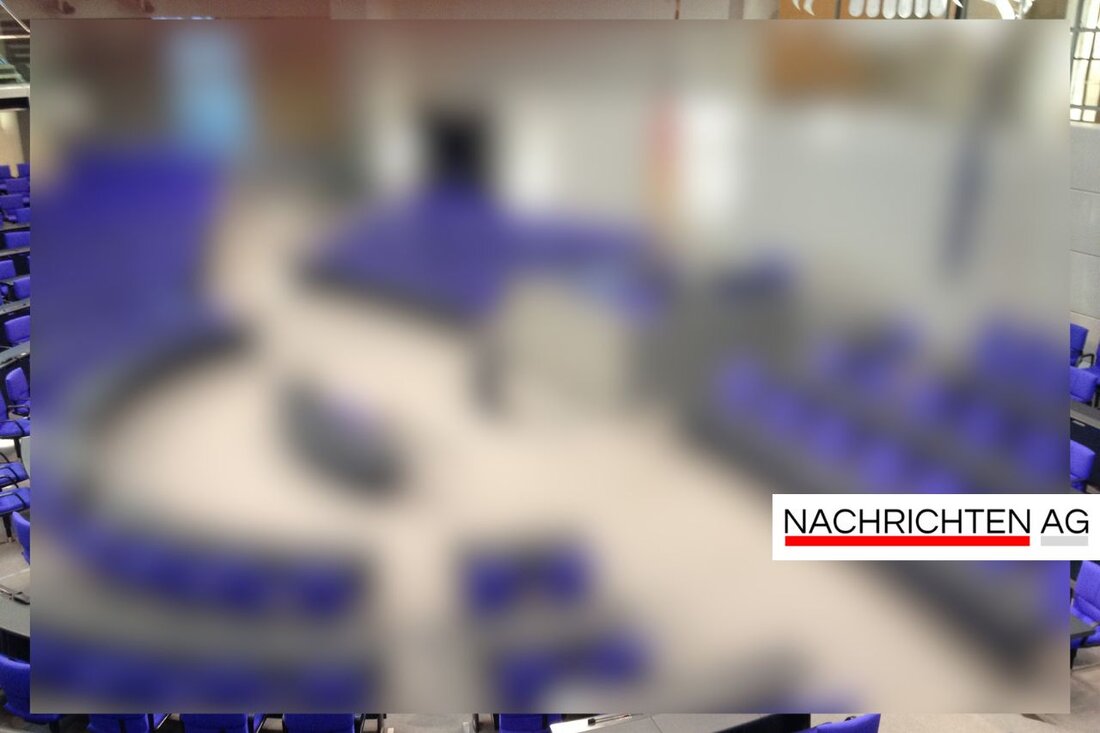Family reunification and turbo naturalization: Federal government is planning tightening!
Family reunification and turbo naturalization: Federal government is planning tightening!
The black and red federal government plans a fundamental tightening of migration policy, which is to lead to the draft law of Federal Interior Minister Alexander Dobrindt (CSU) on Wednesday. This draft provides to suspend the family reunification for subsidiary persons for two years and to abolish the so-called turbo naturalization, which was introduced by the traffic light a year ago. However, these reforms still have to be adopted in the Bundestag after the Union and SPD agreed to take these measures in the coalition agreement.
In 2024, around 200,000 people received German citizenship, which has been the highest level in 25 years. In the future, the naturalization periods from the former should be extended to at least five years. While the current regulation allowed it monthly to bring up to 1,000 relatives to Germany, this practice is now paused when it comes to over 350,000 people who are subsidiary and are waiting for family members. In 2024, around 12,000 Visa for family reunification were granted, of which 7,300 were for minors.
criticism and concerns
The decision to suspend family reunification is met with criticism from the opposition as well as human rights organizations and churches. Marcel Emmerich from the Greens describes the measures as an expression of lack of charity and argues that families represent a central support for refugees whose separation is harmful to integration policy. Gökay Sofuoglu, the chairman of the Turkish community in Germany, expresses that despite the withdrawal of turbo institutions, no serious consequences are to be expected, but calls for more personnel to the responsible authorities to shorten the processing times of the naturalization applications.
The left faction has condemned the planned suspension of family reunification as inhuman and excluded. Clara Bünger criticizes the existing long waiting times and sees a violation of the European Convention on Human Rights in the extension of the suspension. In addition, the UNHCR representative Katharina Thote has pointed out the crucial importance of family reunification for integration and recommended to introduce exceptions for hardship cases.
social context and challenges
The discussion about migration policy has gained urgency through various events, including the attacks in Mannheim and Solingen. In addition, surveys show that 77 percent of the respondents demand a turn in migration policy. The AfD has benefited from this debate, which is reflected in its increasing survey values. In 2023, around 1 million income on asylum was recorded in the EU, with Germany 31 percent of these applications.
The demographic context should be mentioned that Germany needs around 400,000 additional workers annually due to the shortage of skilled workers. The Federal Government has therefore also launched a specialist immigration law to facilitate immigration from specialists from non-EU countries. Nevertheless, the challenge remains to take into account the needs of the refugees and the local population.
The upcoming decisions of the Bundestag could thus have far -reaching effects on integration policy and social mood in Germany
For more information on this topic, you can do the articles on Tagesschau and Statista Read.
| Details | |
|---|---|
| Ort | Deutschland |
| Quellen | |


Kommentare (0)